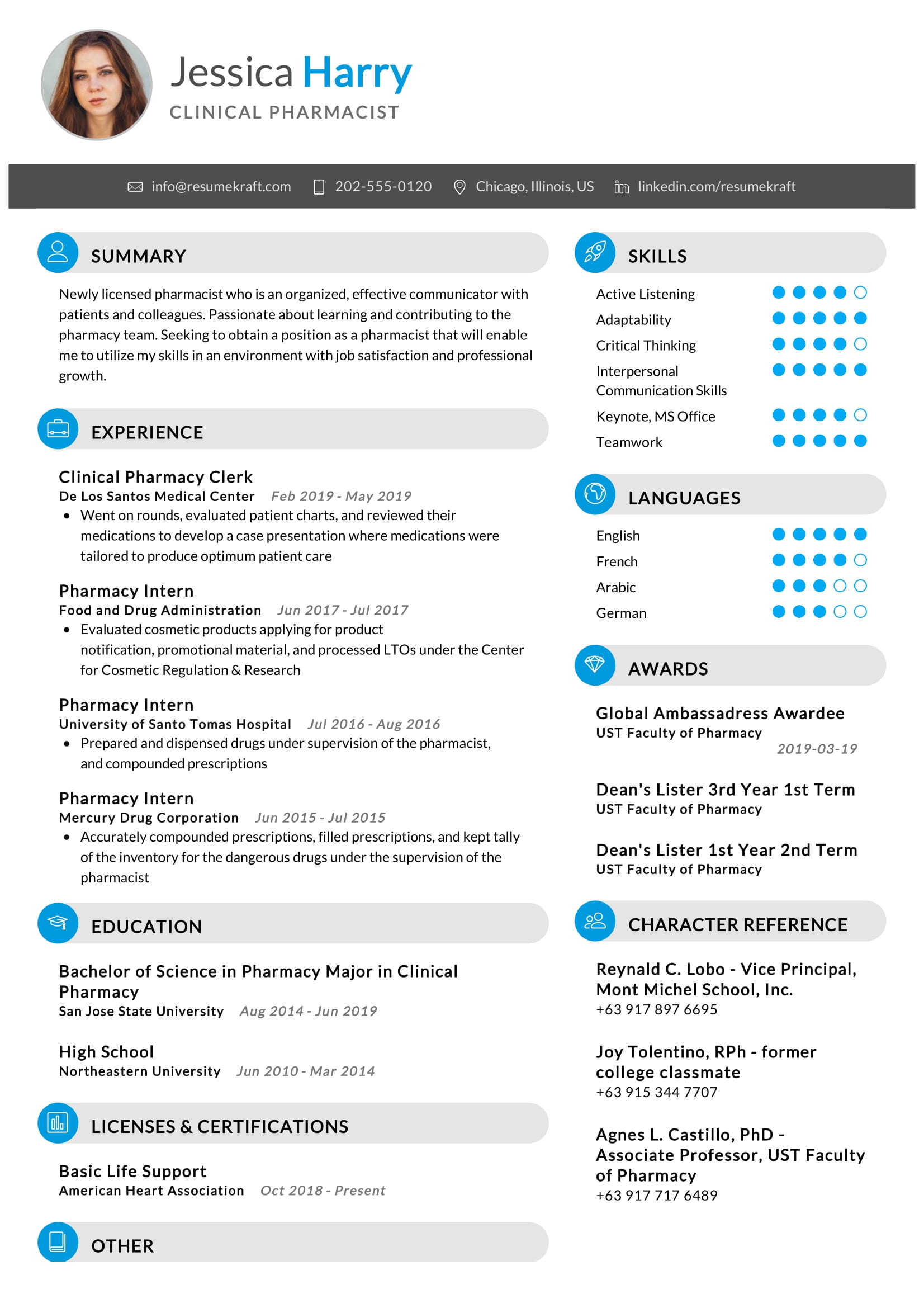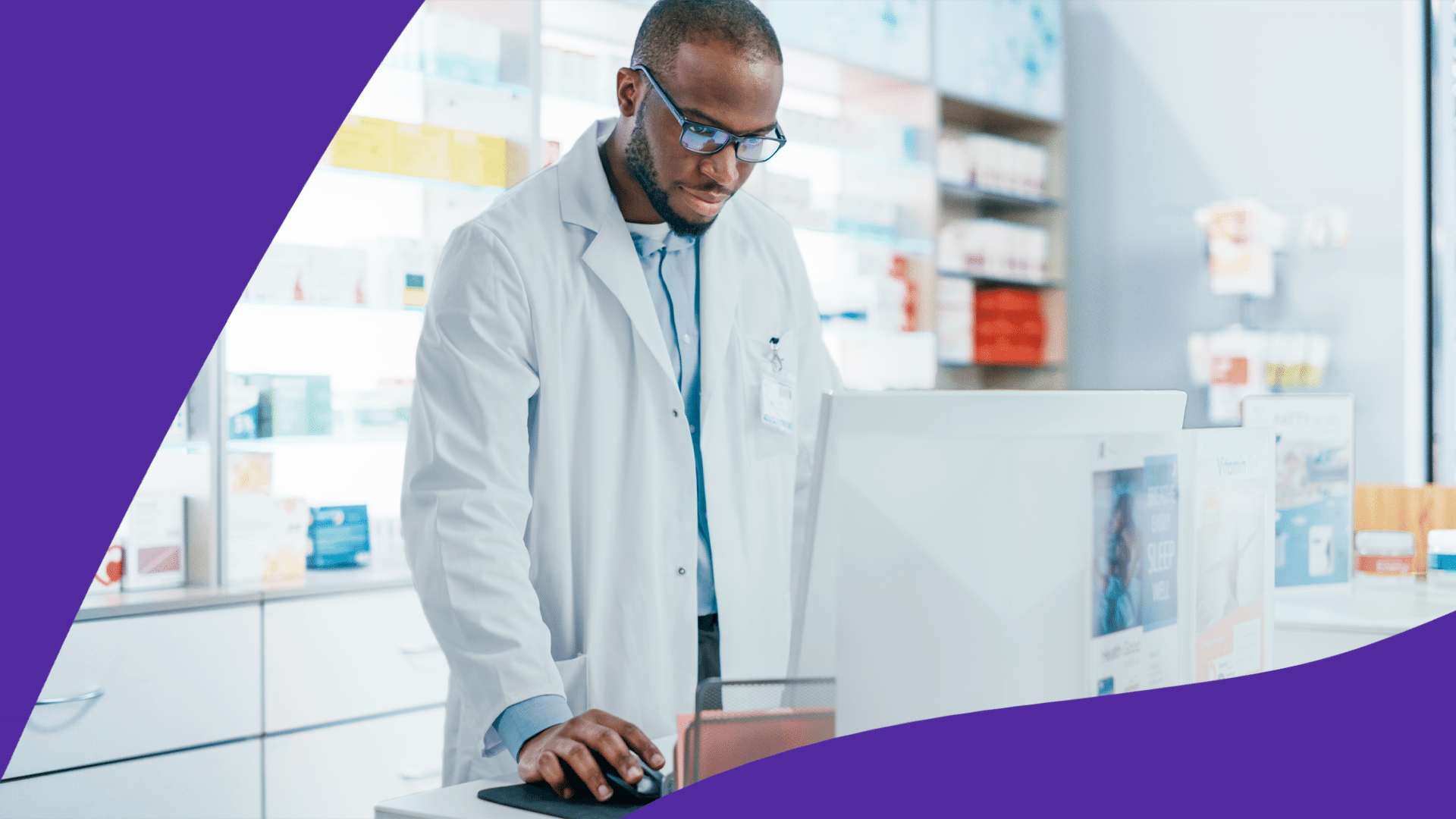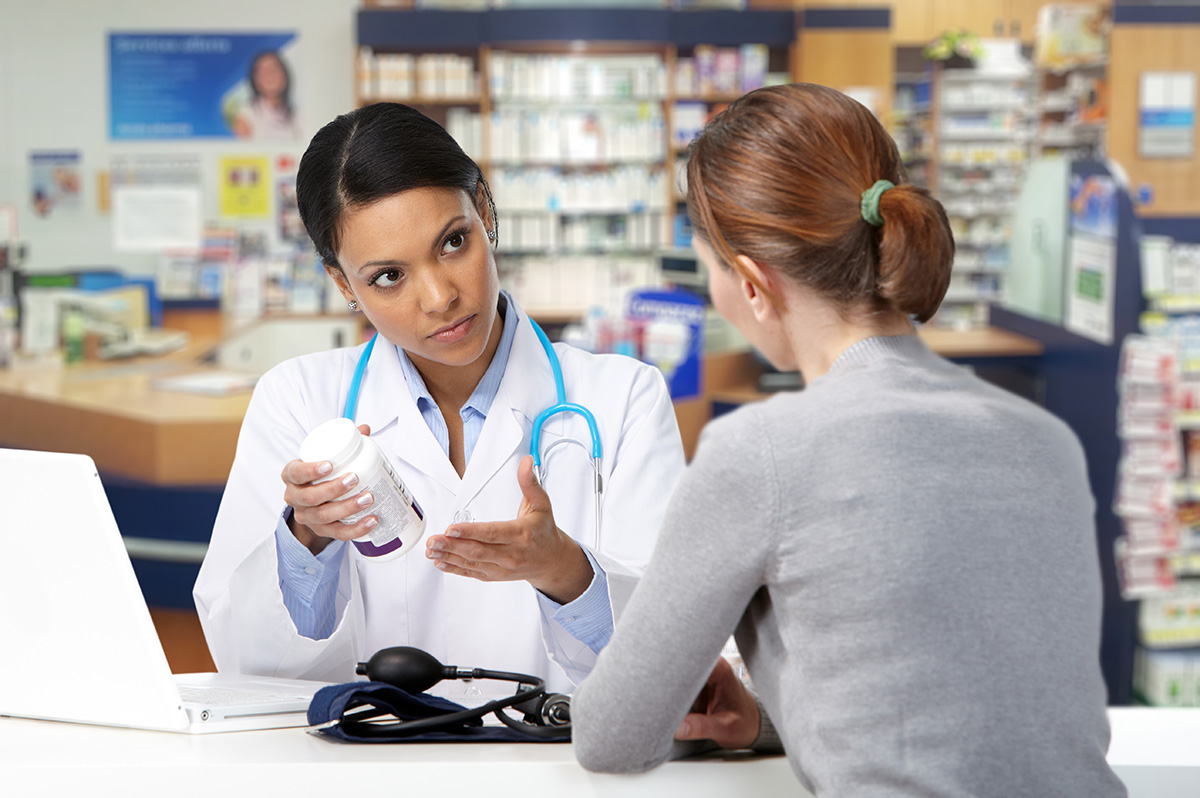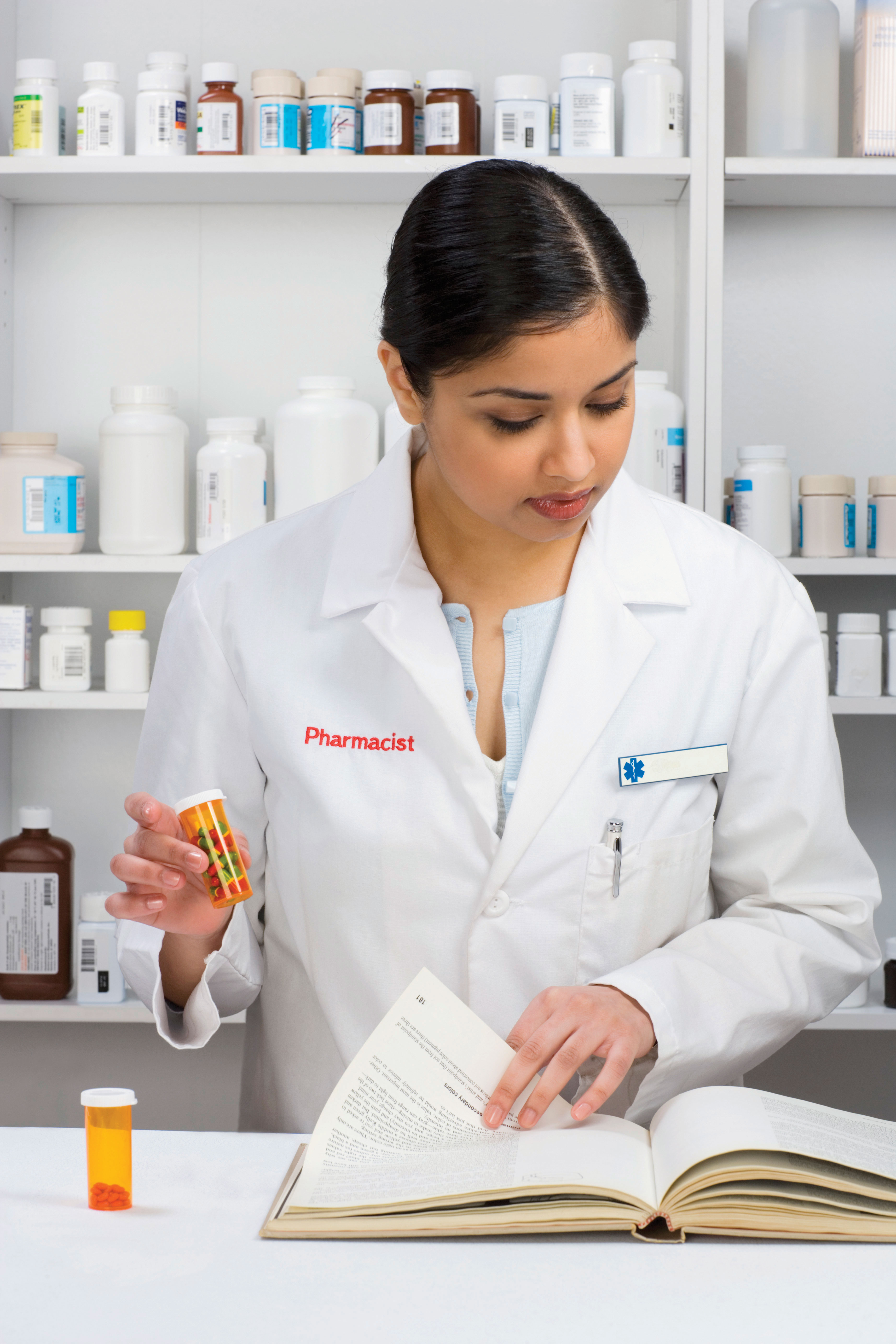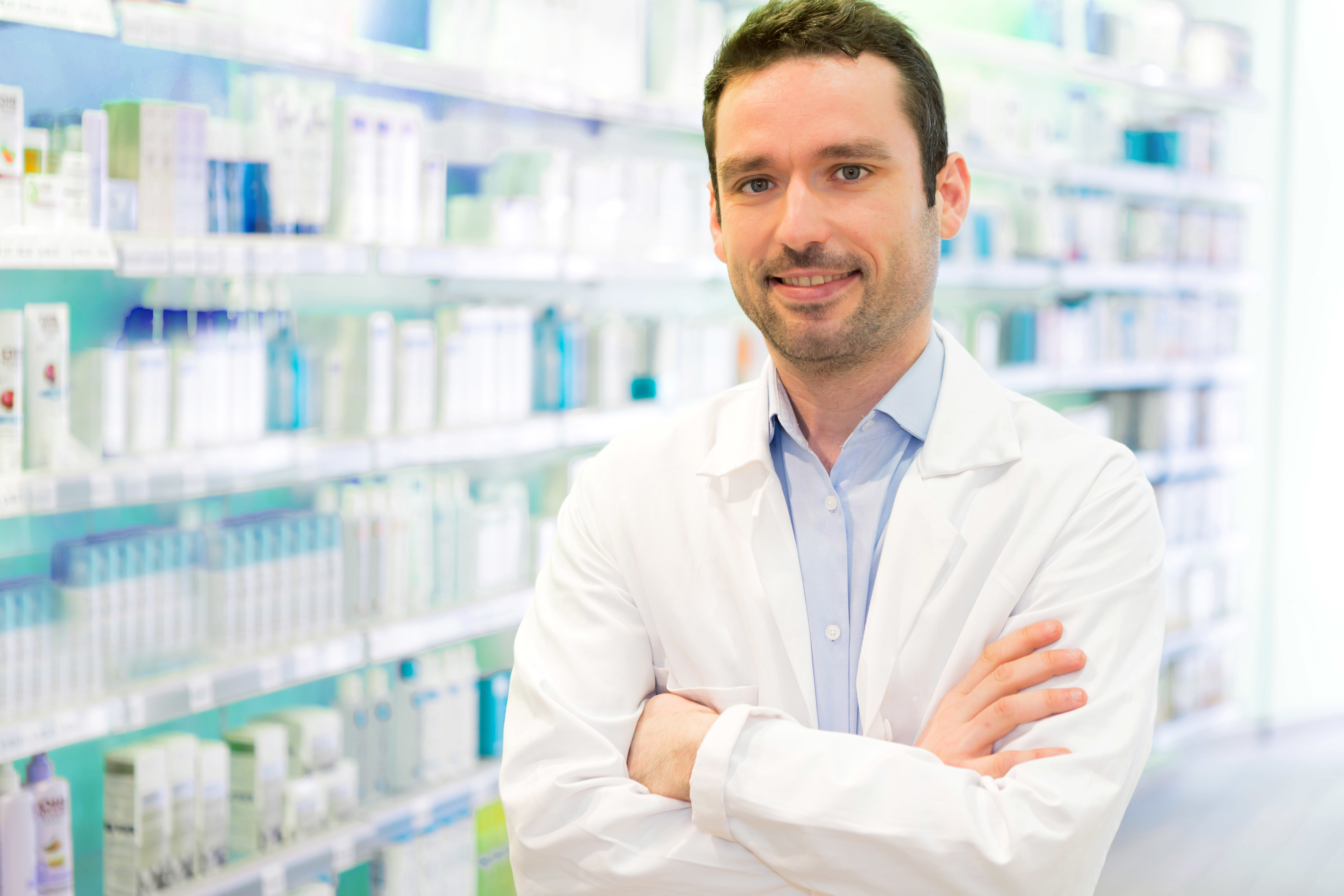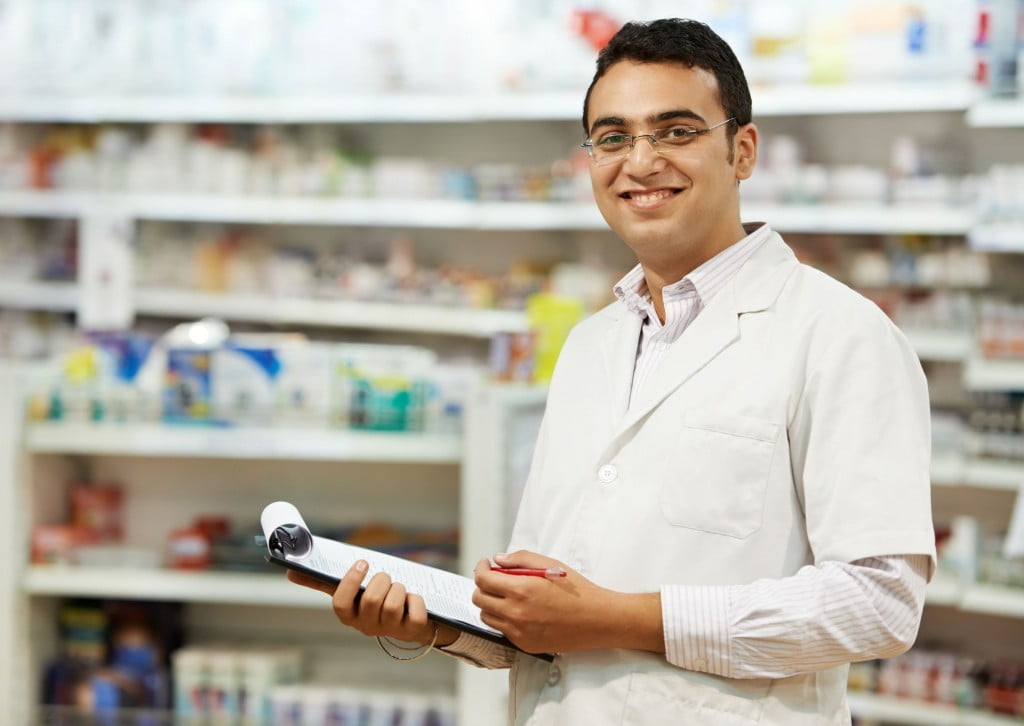Outstanding Info About How To Become Clinical Pharmacist

Career opportunities although all pharmacists must be knowledgeable about a wide variety of pharmacotherapy issues, one can choose to pursue a generalized clinical career or.
How to become clinical pharmacist. Indeed, to become a pharmacist in the united states, you need to earn a doctor of pharmacy (pharm.d.) degree from an. How to become a clinical pharmacist 1. Understand the job description and responsibilities of a clinical pharmacist what does a clinical pharmacist do?
This education will equip you. Gain additional credentials one of the best ways to advance in your career is to gain additional credentials that are relevant to your chosen career path. When deciding how to become a pharmacist, there are two main educational paths.
Most places that hire clinical pharmacists require them to have a doctorate degree. Licensed pharmacists are also encouraged to become board certified once they have gained adequate clinical experience. Clinical pharmacists are involved in direct patient care and can work in both inpatient and outpatient settings.
Board certification is a way of. After you complete your bachelor's degree, you can apply for and. The responsibilities of a clinical pharmacists include:
Pharmacists are healthcare professionals who are experts in medicines, with a detailed understanding of the scientific basis of therapy. A clinical pharmacist directs and develops research. Learn how to become a clinical pharmacist, what skills you need to succeed, how to advance your career and get promoted, and what levels of pay to expect at each step on.
The first step in becoming a clinical pharmacist is to pursue a bachelor's degree in pharmacy, medical science, or a related field. If you want to stand.

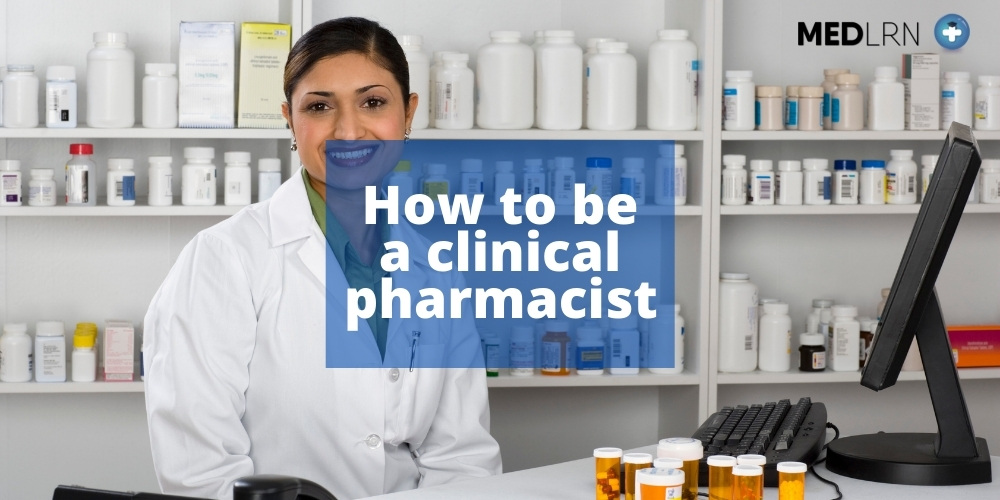
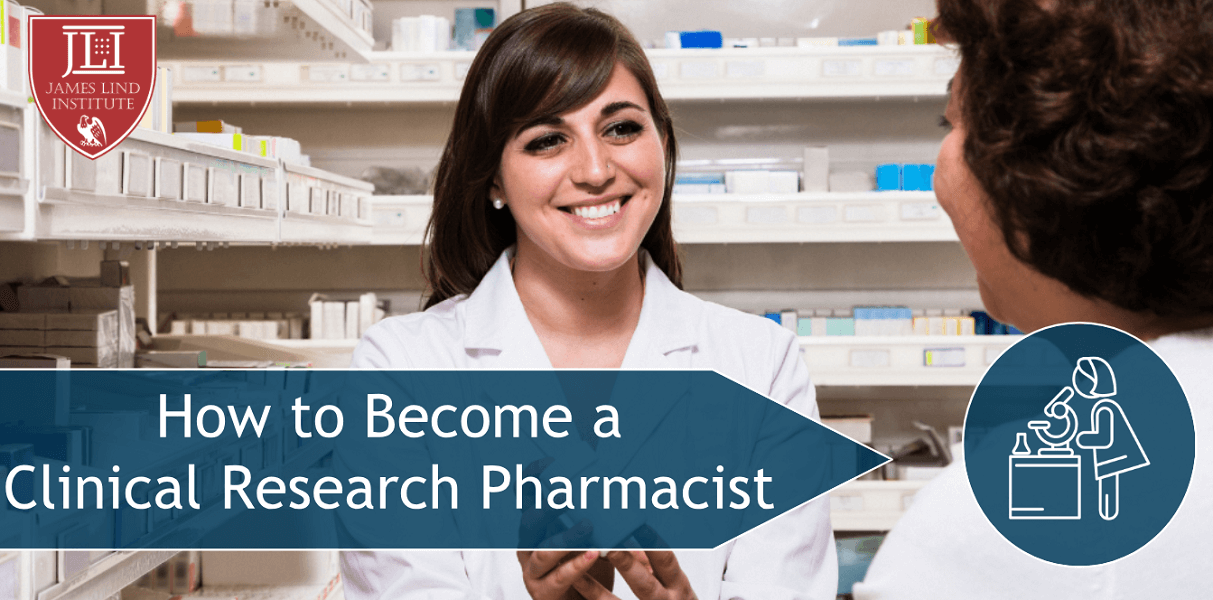
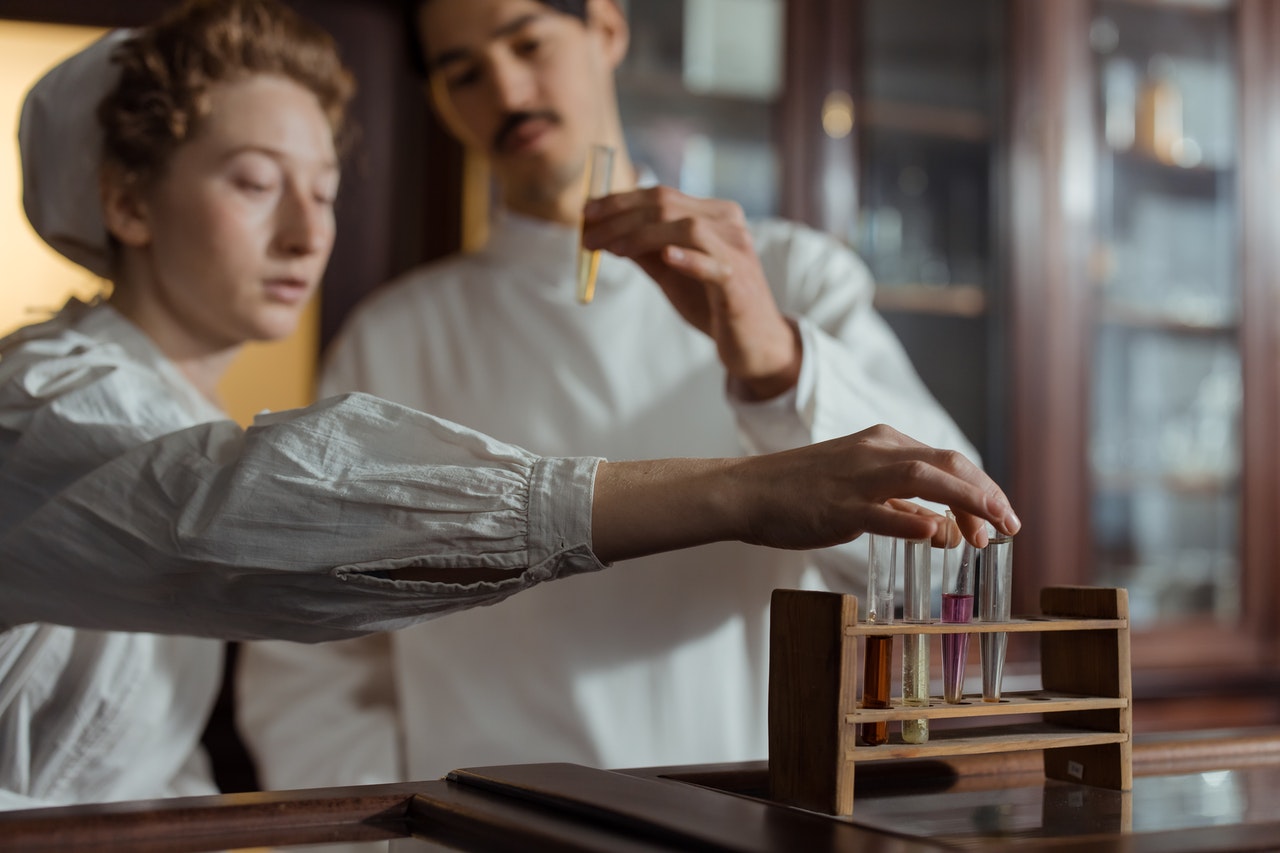




![How to a Pharmacist [StepbyStep] The Money Alert](http://www.themoneyalert.com/wp-content/uploads/2018/07/How-to-Become-a-Pharmacist.jpg)

